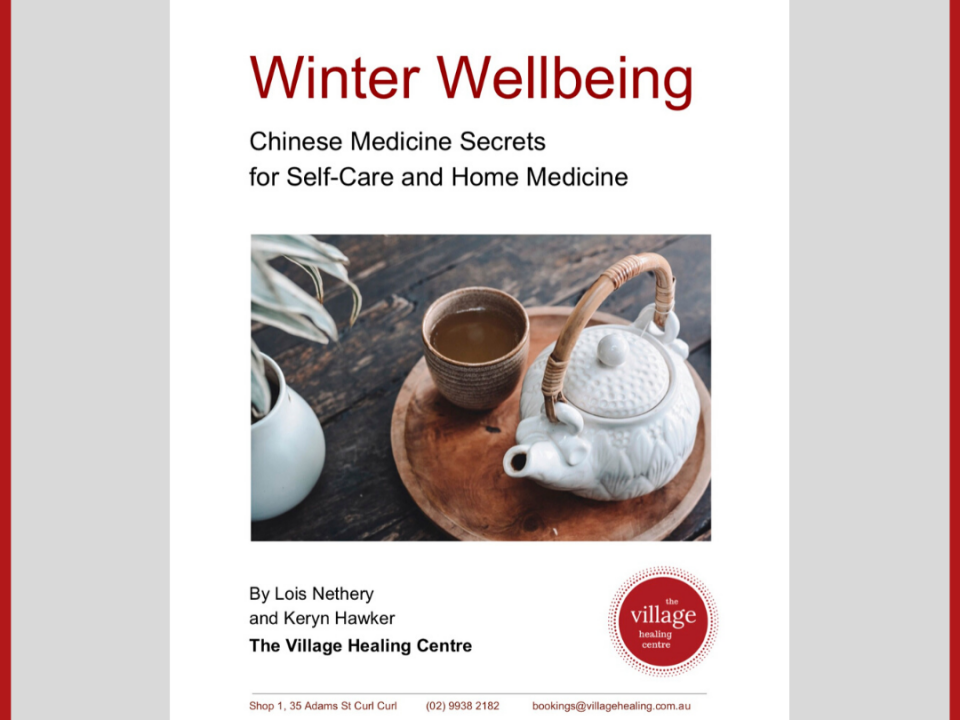Sleep well – naturally
Chinese medicine looks closely at sleep signs and symptoms. For some people, improving sleep is the keystone for regaining health and vitality. Here are some tips to get a good night's sleep.
Do you know someone who has trouble falling asleep? Maybe they can get to sleep easily but wake up during the night. Sometimes sleep enough hours but wake up groggy and feeling hungover in the morning.
About one in five people don’t get a good night’s sleep. For many of these people, there is no specific cause such as sleep apnoea. They simply have recurrent or constant difficulty getting adequate refreshing sleep.
Chinese medicine looks closely at sleep signs and symptoms. For some people, improving sleep is the keystone for regaining health and vitality.
Simple techniques for good sleep
Whether you’re going through a temporary period of stress or have suffered from poor sleep for a long time, these tips can help your body to fall back into a natural rhythm.
The right environment
Try to reduce noise, light and heat in your room. Try heavy curtains to absorb noise and block light. If you are sensitive to noise, a fan or white noise machine can help. It is best to sleep in a room with fresh, cool air rather than being too hot. Use another blanket if necessary.
Bedtime rituals
Give your mind and body cues that it is time to sleep. Choose soothing activities such as a warm bath, shower, foot soak, light reading, meditation or sipping a cup of non-caffeinated tea.
Don’t use screens, as the light can stimulate the brain. Reading a good book can help to settle you and bring on a feeling of sleepiness.
Bedroom sanctuary
Your mind needs to associate bed with rest and sleeping. If you need to have an important discussion, think about work or watch television then it’s best to do so in another room. Try to write down any concerns or worries during the early evening so you don’t think too much at night.
Daily rhythms
Your body adjusts to a rhythm of sleep and waking so it’s important to maintain a regular bedtime, even on weekends.
Correcting disturbed sleep patterns
If you suffer from disturbed sleep, then you might need to implement some further techniques to train your body and mind to sleep well.
1. Calculate your current hours of sleep
Estimate how many hours you were actually asleep last night. For example, if you went to bed at 10pm and got up at 6pm but spent a total of 2 hours awake during the night, then this is 6 hours of sleep.
2. Work out your bedtime
Decide on a time to get up every morning (even weekends). Using the number of hours you slept last night, count backwards from the time you will get up to figure out when to go to bed. For example, if you slept for six hours and will get up at 6am, then go to bed at midnight.
Repeat these steps every night until you are able to sleep through from bedtime until morning. This is an important step in helping your mind to make the association between bed and sleep.
3. What to do if you wake up at night
Many people who wake up in the middle of the night, alert or worrying, tend to become more and more anxious and frustrated. They watch the clock, tossing and turning, and then start to get even more anxious that they will be too tired to function well the next day. This becomes a vicious circle of waking up, feeling frustrated, and then becoming too worked up to go back to sleep.
After some time, the mind no longer makes a connection between bed and sleep. Now the idea of bed is associated with worry and frustration, so the very thought of going to bed can fill some people with dread.
This is why it’s so important to nourish the mind’s connection between bed and sleep, and take steps to protect this connection.
If you wake up during the night, check the time and then tell yourself you will just lie in bed peacefully for 20 minutes. Close your eyes and gently focus on your breathing. Try to avoid checking the clock too often. Some people will fall asleep at this stage, just by being relaxed rather than worried.
If you’re still awake after 20 minutes, then GET UP! It is very important that you don’t compromise your mind’s bed-sleep connection. Go into another room (use low lighting or candles). Try reading, meditating, writing or other soothing activities. Avoid watching television as it’s too engaging. You could have a cup of chamomile tea, some of our special Peace Tea (blend of relaxing Chinese herbs) or a tailor-made herbal prescription.
When you start to feel sleepy, go back to bed and again tell yourself you’ll just lie there peacefully for 20 minutes. Keep repeating this cycle until you fall asleep.
It might seem strange or difficult at first, but these strategies can go a long way towards giving you a long, refreshing night’s sleep.



